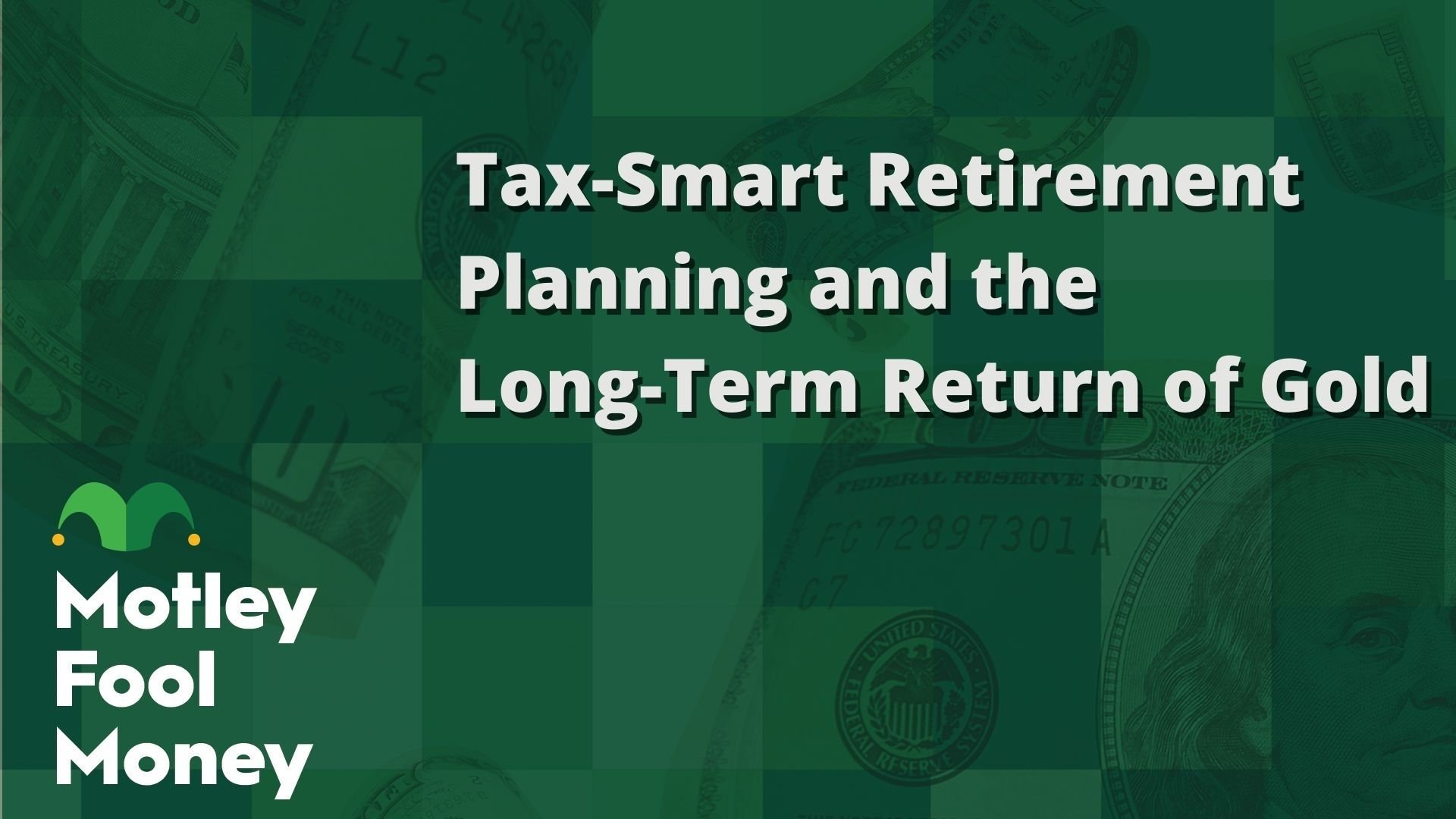Filing a tax return can be daunting for anyone, but lower-income taxpayers face some particular challenges.
There are countless paid services offering to help people do their taxes. Many of these are legitimate, while some push predatory advance refunds, which are essentially high-interest loans. But even if you use a completely legitimate paid tax-preparation service, the experience will generally cost you between $150 and $200 at such places as H&R Block or Liberty Tax Service.
Those numbers can increase as your return becomes more complicated. The 2014 National Society of Accountants (NSA) Tax Preparation Fees Survey shows that the cost can get quite high, with taxpayers paying an average of $273 for an itemized Form 1040 with Schedule A and a state tax return. That's a 4.6% increase over 2013 and an 11% gain over 2012, so you can expect that the 2016 tax year cost will be close to $300 for people filing that way.
Even a simple Form 1040 and state return without itemized deductions cost $159 in 2014, according to the NSA survey. That's not chump change, and it can be a prohibitive fee for lower-income individuals or households. Because of the costs, some taxpayers could elect to fill out the forms themselves -- which is not impossible but challenging -- or make the mistake of not filing.
However, those are not your only options. The United States government has what's called the Volunteer Income Tax Assistance (VITA) program, which offers free tax help to people who generally make $54,000 or less, persons with disabilities, or limited-English-speaking taxpayers who need assistance in preparing their own tax returns. It's not a solution for everyone, but for those who qualify, VITA offers IRS-certified volunteers who provide free basic income tax return preparation with electronic filing.

Filing your taxes can be scary, but there is free help out there for many. Image source: Getty Images.
How does VITA work?
VITA returns centers are not administered by the IRS. Instead, locations are overseen by local branches of non-profits such as AARP and The United Way. Their operating hours and dates can vary; for information on local VITA locations, you can use the IRS' locator tool or call 800-906-9887.
In general VITA can be used by anyone who meets the income requirements. Some locations take appointments, while others are walk-in only. In many cases, the VITA "office" is a room at a local library. The IRS lists what a consumer needs to bring in order to have his or her taxes filed here.
It's worth noting that spouses filing jointly must both be present. People should also bring all W-2 and 1099 forms as well as a copy of their prior-year return. In addition, it's important to bring documentation for any deductions or credits, as well as their bank account information (routing and account number) if they'd like to have their refund deposited directly into the account.
This is a good deal
While the IRS doesn't have the best reputation, it deserves credit from the American people for making this service available. VITA offers a free, easy way for many people to get their taxes done for free without having to resort to doing it themselves.
Not all taxpayers qualify. There is the $54,000 gross income caveat (which means income after exemptions and deductions) and VITA does not offer help on complicated tax fillings (like for someone who owns a business that showed a loss). But for millions of Americans, this is a free service that solves a real problem. It's also a relatively easy-to-use offer that more people should be using.





